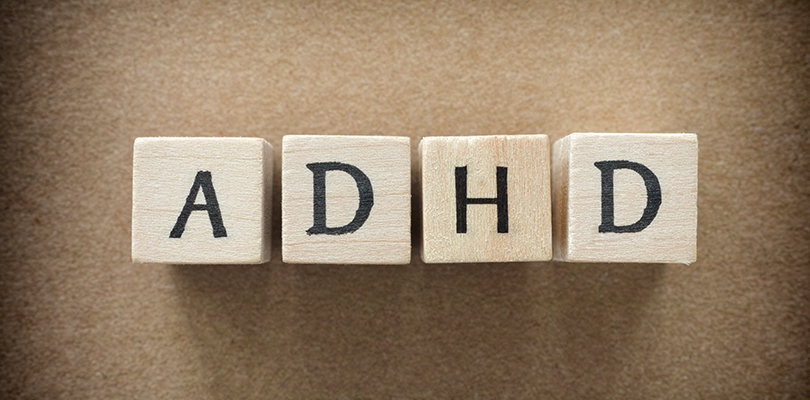Controversies Surrounding ADHD
According to Forbes, 7% of children were diagnosed with attention deficit hyperactivity disorder (ADHD) in 2007. That number increased to 8.8% in 2011.
Forbes estimated that the number of parents who medicate their children has increased as well – up to two-thirds of children are receiving stimulants, such as Ritalin.
Which begs the question – are there more kids with ADHD or is ADHD over-diagnosed?
ADHD Diagnosis Criteria
Per the Centers for Disease Control (CDC), there is no single test to diagnose ADHD. There is no blood test or imaging that definitively diagnoses the condition. The diagnosis is made purely based on symptoms that are subjectively reported or objectively observed by the physician.
People with ADHD show inattention – children with ADHD show six or more specific symptoms as outlined by the DSM-5, examples include:
- Not listening when being directly spoken to.
- An inability to organize tasks and activities.
- Being easily distractible.
- Being forgetful in daily activities.
People with ADHD also show hyperactivity and impulsivity – children with ADHD show six or more specific symptoms as outlined by the DSM-5, symptoms include:
- Talking excessively.
- Having trouble waiting for turns.
- Interrupting in conversation.
- Fidgeting.
Also:
- Some of these symptoms must have been noted before the age of 12.
- Several symptoms in at least two different settings (such as at home and school).
- There must be evidence that symptoms interfere with the quality of life.
- A different medical condition does not better explain the symptoms.
Problems can arise when you become so saturated with information — you might begin to find it difficult to separate ADHD facts from the fiction.
The Controversy
There is an extensive list of criteria that must be met to label someone as having ADHD. However, this diagnosis is made purely based on symptoms and observation.
When it comes to diagnosing ADHD, diagnosis relies on the skill of the physician – or based on the doctor’s opinions of ADHD.
There are reports that ADHD is simply over-diagnosed and that some doctors are diagnosing young children with ADHD based on typical childhood behaviors. Others argue that now there are better diagnostic criteria – meaning more diagnoses of ADHD.
There are also people who believe that more children are being diagnosed and it is for the benefit of the pharmaceutical industry.
The Statistics
Forbes reports the following:
- Children in North Carolina are twice as likely to be diagnosed with ADHD as children in California.
- Children in Britain have a diagnosis rate of ADHD that is less than half of children in the United States.
What does this mean?
According to Forbes, “…Americans are more apt to diagnose – or over diagnose – it.” It also indicates that environmental factors may also play a role in the development of ADHD – factors such as cigarette exposure, economic status, diet, and parenting.
Is ADHD Real?
Despite all of the controversy, most people agree that ADHD is a legitimate condition.
For example, most major medical groups recognize it as a medical condition – the American Academy of Pediatrics, American Medical Association, the National Institutes of Health, and the American Psychiatric Association.
Most people believe that ADHD is real but is over-diagnosed.
There are a variety of medical conditions that can mimic the symptoms of ADHD which include depression, hearing and vision problems, and sleep problems.
Equally as controversial is the treatment modalities prescribed.
Up to two-thirds of children are prescribed stimulants to treat ADHD. These medications can be highly effective in treating ADHD, but talk therapy is also effective – especially when used in conjunction with prescription medication.
Regular exercise and limiting use of screens can also be helpful in treating ADHD symptoms.
The Bottom Line…
ADHD is controversial because of the number of children who have been diagnosed has steadily increased over the years. Is this because we have better diagnostic criteria or are we over-diagnosing children?
Regardless, if you are worried that your child has ADHD, speak to your pediatrician. If you feel your child has been misdiagnosed, it is also important that you speak with your physician.







